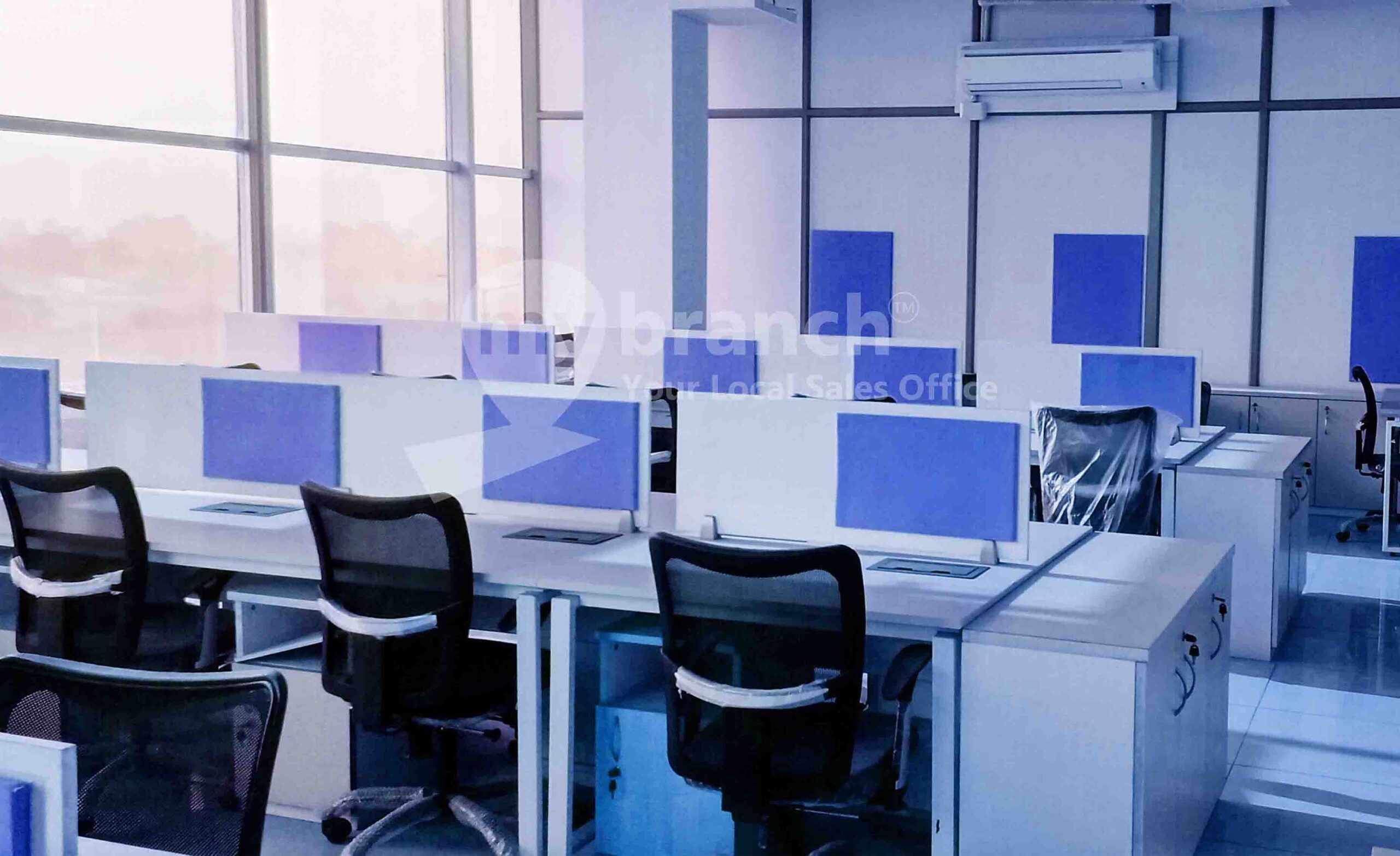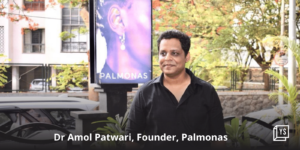Realty firm Salarpuria Sattva’s co-promoted Simpliwork Offices plans to raise $50-60 million as equity to expand business in India and enter into overseas markets, like Singapore, as it sees the demand for managed flexible office space rising amid the COVID-19 pandemic.
Salarpuria Sattva, one of the leading real estate firms in the country with a large presence in the office market, has a 50 percent stake in Bengaluru-based Simpliwork Offices.
Kunal Walia, the founder and CEO of Simpliwork, holds the remaining stake.
In an interview with PTI, Walia said the company achieved a robust growth during the 2020-21 fiscal year in terms of revenue and also area expansion despite the pandemic.
“We were about 1.2 million sq ft in March 2020. We have added close to about 2 million sq ft in the last year alone,” he said.
Founded in 2018, Simpliwork’s current operational portfolio is 2.8 million sq ft across Bengaluru, Delhi-NCR, Mumbai, Pune and Hyderabad. It is also entering the Chennai market.
Source: Shutterstock
Walia highlighted that several major projects were delivered in the midst of the pandemic last year, such as India’s largest flexible workspace (more than 5 lakh sq ft) in Hyderabad, and the second largest flexible workspace (over 4 lakh sq ft) in the NCR region, among others.
“Our turnover for FY 2019-20 was around Rs 65-75 crore. From Rs 70 crore, we have reached about Rs 350 crore, making it a 5x growth,” he told PTI.
On geographical expansion, Walia said the company will look at Tier-2 cities with captive demand and is seriously considering Kochi, along with Jaipur and Ahmedabad.
“However, we will venture into these cities only if we see a demand. If not, our focus will be on the top 6 cities, where 80-85 percent of the office demand is in India,” he said.
Asked about plans for fund-raising, Walia said: “We are definitely looking at fundraising but probably towards the end of this year. The market needs to stabilise first and demand needs to pick up as well.”
Simpliwork is looking to expand internationally as it does not want to be restricted to India alone.
“If similar demands exist in international markets like Singapore, Hong-Kong, Dubai, would like to use the fund raise to venture into these markets. Some M&A and consolidation will definitely happen there. The international outreach would be the primary reason to explore fund raising,” he said.
Simpliwork plans to enter the Singapore market early 2022, but it depends on the pandemic and its ramifications, including travel restrictions etc.
“If travel is completely shut down, then our plans may get delayed,” Walia said.
When asked about the size of fund raising, he said, “We are aiming for a $50-60 million fundraise, that can capitalise us comfortably for the next 3-4 years.”
The company plans to raise this fund in pure equity form.
“We are already profitable, so it is not like we will raise funding and become unprofitable. The idea is to have risk capital to explore new ideas,” he said.
Simpliwork intends to partner with larger developers to grow their portfolio under management contract model.
“If so, upfront capital is then required to hire people, for stock on-ground, technology, and so on,” he added.
The company has never raised equity funds from outside. Its current debt is around Rs 200 crore.
On area expansion, Walia said the company is conservatively aiming to increase its footprint to 4.5 million sq ft by March 2022.
“There is a demand in the market with inquiries coming in for 500-1000 seats. Unlike a typical coworking set up, we don’t cater to a 50 sq ft density as most large organisations prefer about 80-120 sq ft density. Hence, a 500-seater becomes a 50,000-65,000 sq ft setup. And these are our main clients,” he said.
Walia said the company has been witnessing an increased interest for the management contract business from large developers.
“We are talking to some very large organisations with multiple city portfolios, who want us to manage 1,00,000 1,50,000 sq ft within each of their portfolio buildings.
“We expect that business to add a million sq ft this year, where the builder will do the CapEx, and rely on our expertise to manage the facility, a model similar to hotel management contract,” he said.
Another 7-8 lakh sq ft will be under traditional leasing, where the capex, leasing activity and management of the facility will be done by the company.
Walia pointed out that office rentals have fallen by 10-12 percent for new leases.
Asked about footfalls in offices, he said: “Prior to the second wave, we had about 40-50 per cent employees in the office but post the second wave, it is about 8-9 per cent at the moment.”
However, Walia said the company’s office space is fully leased and occupied by large enterprises.










